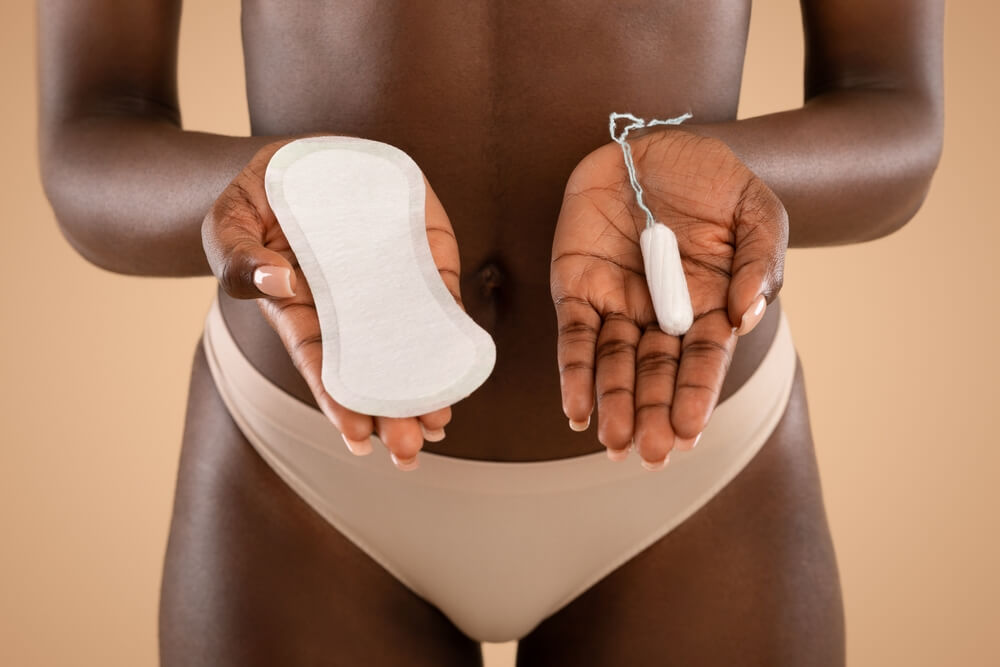
|
Getting your Trinity Audio player ready...
|
To commemorate Menstrual Hygiene Day 2025, Naija Feminist Media (NFM) will host a Twitter Space on May 28, 2025, at 5 PM WAT. The theme of the conversation is “Normalising Menstruation as a Part of Life.”
Menstruation is a natural and healthy biological process that occurs monthly for women and girls of reproductive age. Despite being a common experience for nearly 26% of the global female population, menstruation remains heavily stigmatised.
Menstrual shaming, from mocking symptoms to labelling periods as “dirty” or “embarrassing,” can create harmful environments that affect how young girls and women view themselves and their bodies. Misconceptions, silence, and taboos around menstruation often deny young girls the chance to learn about menstruation as a normal bodily function, resulting in shame, exclusion, and even long-term health risks.
This Twitter Space aims to open up honest and inclusive dialogue around menstruation by challenging stigma, raising awareness, and pushing for greater access to menstrual hygiene information and resources, especially for girls, women with disabilities, and those in underserved communities.
The event will feature a panel of seasoned professionals and advocates. Media and Communications Professional Lydia Mark, Feminist and Gender Justice Advocate Dorcas Edet, Lawyer Dogo Joy Njeb Esq., Social Worker Silverline Wiro, Feminist Edna Chinwendu Igwe, Menstrual Health Advocate Ayobamikale Borisade will all lend their voice to the discussion.
Together, these speakers will lead a critical conversation on how we can normalise menstruation and create more awareness while challenging harmful norms and encouraging inclusive practices.
Join us for this enlightening and necessary conversation by 5pm WAT on May 28, 2025.
NFM remains committed to normalising reproductive health, breaking harmful taboos, and advocating for a world where no girl or woman is made to feel ashamed of her body’s natural processes.






